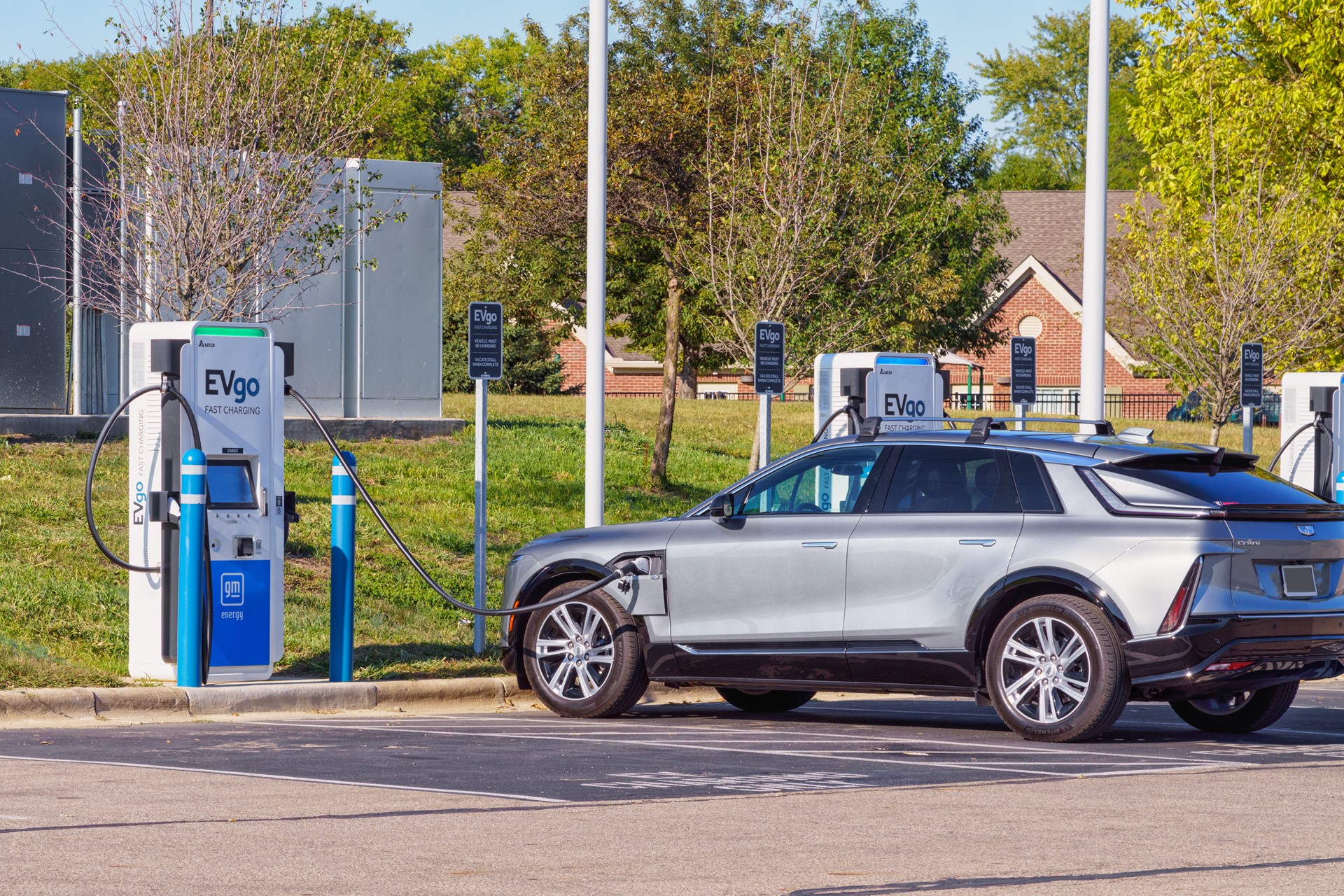UK passes EV charging milestone
14 March 2025

14 March 2025

Article written by Tim Mooney
The UK now has more than 75,000 public EV chargepoints, equalling two installations every hour.
Confirmed by the Department for Transport (DfT), the milestone comes nine months after a celebration of 60,000 public chargepoint installations in May last year. This rollout has been backed by £200m in government funding, significant private sector investment, and a fall in the price of EV ownership and chargepoint installs.
In addition, the Labour government has pledged £2.3bn to the UK’s EV transition in support of clean air and decarbonised transport. £120mn of this funding is in the form of subsidies for electric vans , taxis and motorcycles, and an additional £6bn in private investment is expected to funnel into charging networks over the coming years.
The DfT has sharpened its focus on public chargepoint projects, with 1,400 chargepoints installed at schools and 59,000 in workplaces. In terms of private charging, more than 68,000 chargers have been installed at homes.
While the UK is hitting EV chargepoint milestones, the progress is concentrated in London and the South-East, which collectively account for 43 per cent of the total number of chargepoints installed in the UK.
To rectify this, the DfT have announced Local Electric Vehicle Infrastructure (LEVI) funding in the form of £381m to install 100,000 more on-street chargers in towns and rural areas with insufficient infrastructure at present. However, only 10 out of 78 proposed LEVI projects have been approved, indicating progress in these areas will be slow.
The key argument for a more widespread and even charging network in the UK is that it will quell range anxiety and give EV users and prospective buyers assurance that finding power on the road will not be geographically dependent and require meticulous planning.
With a more proliferated network, the incentive for EV ownership will only increase.
Share